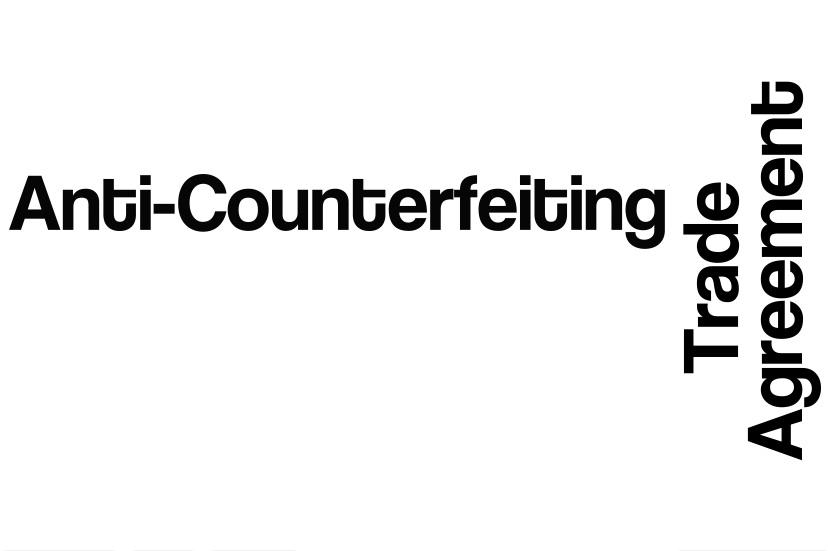Final Draft of Anti-Counterfeiting Trade Agreement Released
SAN FRANCISCO, October 5, 2010 — Global trade negotiators on Tuesday released what they’re calling the final draft of a anti-counterfeiting trade agreement that also addresses enforcement measures against intellectual property violations in the digital environment.

SAN FRANCISCO, October 5, 2010 — Global trade negotiators on Tuesday released what they’re calling the final draft of a anti-counterfeiting trade agreement that also addresses enforcement measures against intellectual property violations in the digital environment.
The agreement was reached after the latest round of negotiations, which took place the last week of September in Tokyo.
The new draft still contains language that would enable participating countries’ law enforcement authorities to go after people who break the locks on technologically-protected works, but says that “each party may adopt or maintain appropriate limitations or exceptions.”
It also includes language that would enable law enforcement authorities of the participating nations to compel the identifying information of internet service providers’ subscribers who are believed to be intellectual property infringers.
A tech industry lobbying source says at first glance that while the latest agreement is “a small step in the right direction,” the language does not go far enough because it does not require exceptions as U.S. law does, and which many existing free trade agreements do. That means that technology companies still face an uncertain environment in which they may encounter problems.
“This text reflects tremendous progress in the fight against counterfeiting and piracy – a global crime wave that robs workers in the United States and around the world of good-paying jobs and exposes consumers to dangerous products,” said U.S. Trade Representative Ron Kirk in in a prepared statement. “The leadership shown by our ACTA partners in reaching solutions on tough issues should send a strong message to pirates and counterfeiters that they have no place in the channels of legitimate trade. We must now work quickly with our partners to finalize the results achieved in the Tokyo.”
U.S. digital rights group Public Knowledge issued cautious praise regarding the latest draft of the agreement.
“The final text of the Anti-Counterfeiting Trade Agreement (ACTA) should be seen as a qualified victory for those who want to protect the digital rights of consumers around the world,” said Gigi Sohn, Public Knowledge’s co-founder. “Some of the most egregious provisions from earlier drafts have been removed on topics ranging from digital protection measures to the liability of intermediaries like Internet Service Providers and search engines. The agreement would give more flexibility to the signatories than did previous versions”
But she called the process by which negotiators arrived at the latest draft “deeply flawed,” adding that it should have been negotiated through the more open processes established by the World Intellectual Property Organization.
The U.S. Chamber of Commerce, which had been pushing the Obama Administration to conclude the multi-year anti-counterfeiting and digital piracy negotiations by the end of this year, also praised the negotiators for the progress they made.
“From day one, we have advocated for a robust and comprehensive ACTA, and we commend the U.S. Trade Representative and the negotiating partners for their hard work in completing this agreement,” said Rob Calia, the Chamber’s senior director for counterfeiting and piracy. “As we continue to review this text, we are optimistic that this agreement will encapsulate the components necessary for a strong, effective ACTA.”
Participants, other than the U.S. and the EU, include Australia, Canada, Japan, Japan, Korea, Mexico, Morocco, New Zealand, Singapore, and Switzerland. Notably absent are China and India.
Image courtesy of Wordle.net.








Member discussion